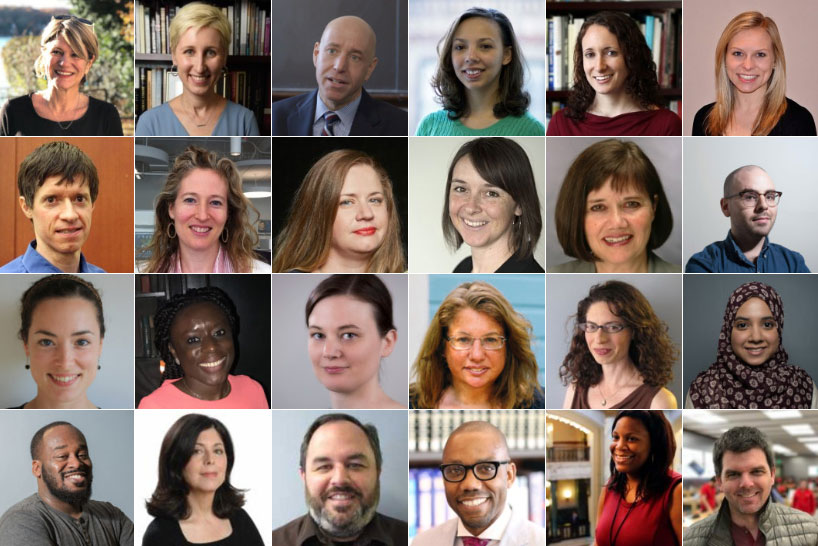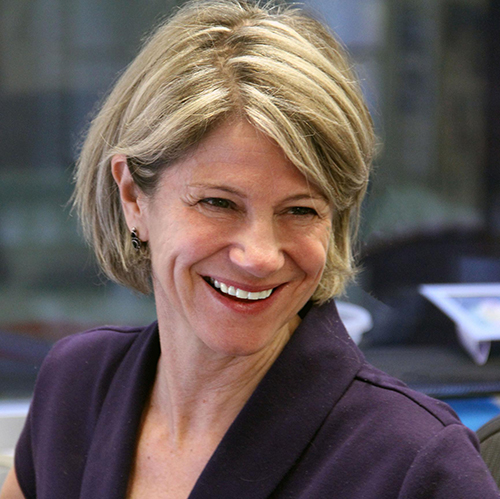The Hechinger Report

The Challenge
Decimated by declines in circulation and advertising revenue and competition from online news sources, nearly 2,000 U.S. newspapers have ceased operations since 1994. Weekly newspapers that sourced local news for small town and rural readers have been particularly hard hit, creating news deserts in many parts of the country. Meanwhile, journalists at surviving newspapers have been stretched to the limit by the layoffs and buyouts that dropped 38,000 reporters and editors from newsroom payrolls between 2008 and 2018. The Hechinger Report was launched in 1995 as The Hechinger Institute, to provide support and professional development to education journalists. It is named for the late Fred Hechinger, a highly respected New York Times education writer.
The Charge
The Hechinger Report, a pioneer in non-profit journalism, fills the gap in contemporary education journalism with a staff of editors, reporters and digital journalists who provide in-depth coverage of the education issues that touch students and their families at the national, state and — most critically — local levels.
The work of The Hechinger Report is grounded in the belief that independent, reputable investigative journalism is desperately needed at a time when balkanized politics and concern about “fake news” have undermined trust in the media and threaten our democratic society. The Hechinger Report’s focus on education elevates one of the most important issues of our time and a critical public good that sorely needs more reporting. Liz Willen is Editor-in-Chief of The Hechinger Report and Sarah Garland is Executive Editor.
In a Nutshell

Our mission is to write about problems, but, even more importantly, to proffer solutions to the most pressing education issues of our time.

The Hechinger Report looks at how education is changing, what works and what doesn’t work. We spend a lot of time looking at research. But we also spend a lot of time in classrooms to find out if new ways of learning can help close the achievement gap, how they motivate students and whether teachers are properly trained in the new methods. It’s a whole new way of reporting on how education is going to look both now and in the years ahead.
The Approach:
The Hechinger Report’s staff of 20, including 14 reporters and editors, provide groundbreaking coverage that is shaping policy and influencing the way children learn in classrooms throughout the nation.
“We have great relationships with big players like The New York Times, Washington Post and National Public Radio. But we are also intensely involved in local partnerships, and that is of equal, if not more, importance. There are stark problems in rural and small towns that speak to national themes. And working with local partners is where Hechinger can make the biggest impact because education policy is made at the state level. For example, its partnership with Hechinger has helped The Clarion Ledger [based in Jackson, Mississippi] do high-impact, award-winning journalism despite severe newsroom cutbacks.” — Sarah Garland, Executive Editor
Past Achievements:
- A joint investigation with The New York Times that uncovered the extreme debt incurred by students at for-profit cosmetology schools in Iowa and other states. The effort earned Hechinger The Sidney Hillman Foundation Award for Excellence in Journalism and a Front Page Award for investigative reporting from The Newswomen’s Club of New York.
- A 13-part series that sparked increases in funding and oversight for early childhood education programs in Mississippi.
- Coverage that prompted the Louisiana High School Athletics Association to change rules that prevented undocumented immigrant students from participating in organized sports.
- An investigation that persuaded a white Alabama community to abandon a secession plan that would have blocked black student enrollment at a local high school. Hechinger received a Hunter College Aronson Award for Social Justice Journalism and an award from the National Association of Black Journalists for this work.
Current Focus:
- Improved reader access to data visualization tools.
- Prioritizing Hechinger en Español, a partnership with Telemundo that offers coverage of education issues of interest to the Latinx community.
- Utilization of Facebook and other social media platforms to furnish education reporting to residents of rural areas no longer served by local newspapers.
- Broadening the reach of the 50 State Partnership, a network to share cutting-edge educational data, research and learning strategies with news outlets across the country.
- Expanding education coverage in Southwestern and Western states.
- Spotlighting middle school education, an under-covered but crucial phase in students’ development.
- Creating a revenue stream by encouraging reader support for the weekly Hechinger Report newsletter.
Funders:
The Lumina Foundation, the Bill & Melinda Gates Foundation and other benefactors fund an annual operating budget of $3.9 million.
Partners:
The New York Times, The Washington Post and National Public Radio, along with local print, broadcast and digital news outlets